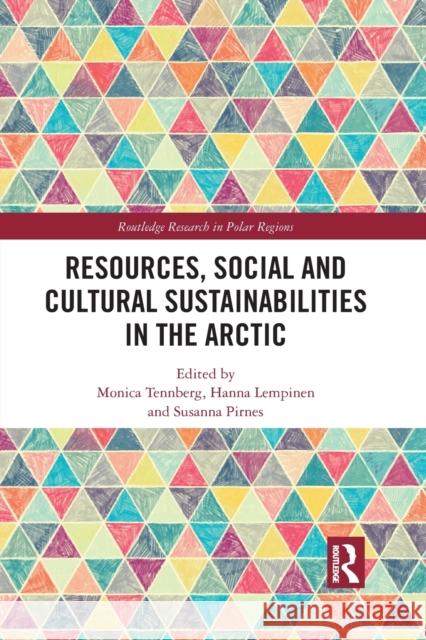Resources, Social and Cultural Sustainabilities in the Arctic » książka
topmenu
Resources, Social and Cultural Sustainabilities in the Arctic
ISBN-13: 9781032087870 / Angielski / Miękka / 2021 / 204 str.
Resources, Social and Cultural Sustainabilities in the Arctic
ISBN-13: 9781032087870 / Angielski / Miękka / 2021 / 204 str.
cena 220,35
(netto: 209,86 VAT: 5%)
Najniższa cena z 30 dni: 196,40
(netto: 209,86 VAT: 5%)
Najniższa cena z 30 dni: 196,40
Termin realizacji zamówienia:
ok. 22 dni roboczych.
ok. 22 dni roboczych.
Darmowa dostawa!
This book focuses on the understudied social and cultural dimensions of sustainability in the Arctic.











